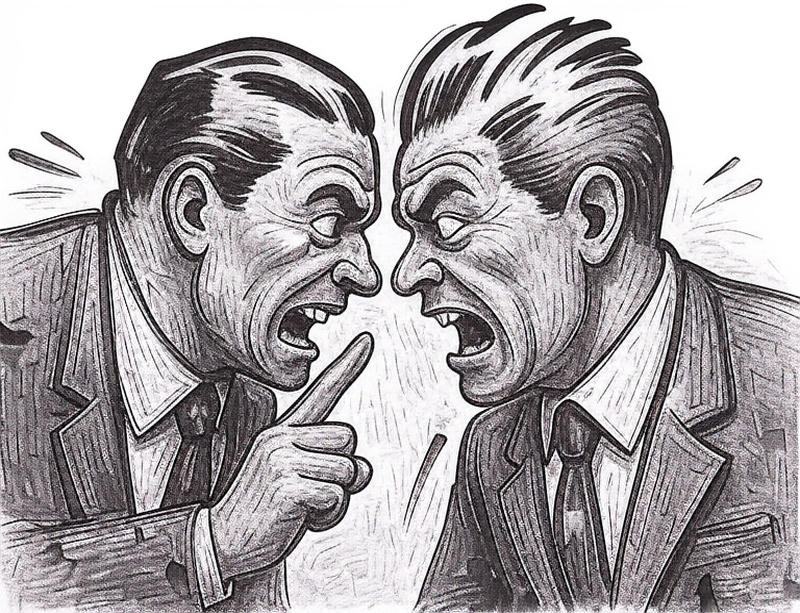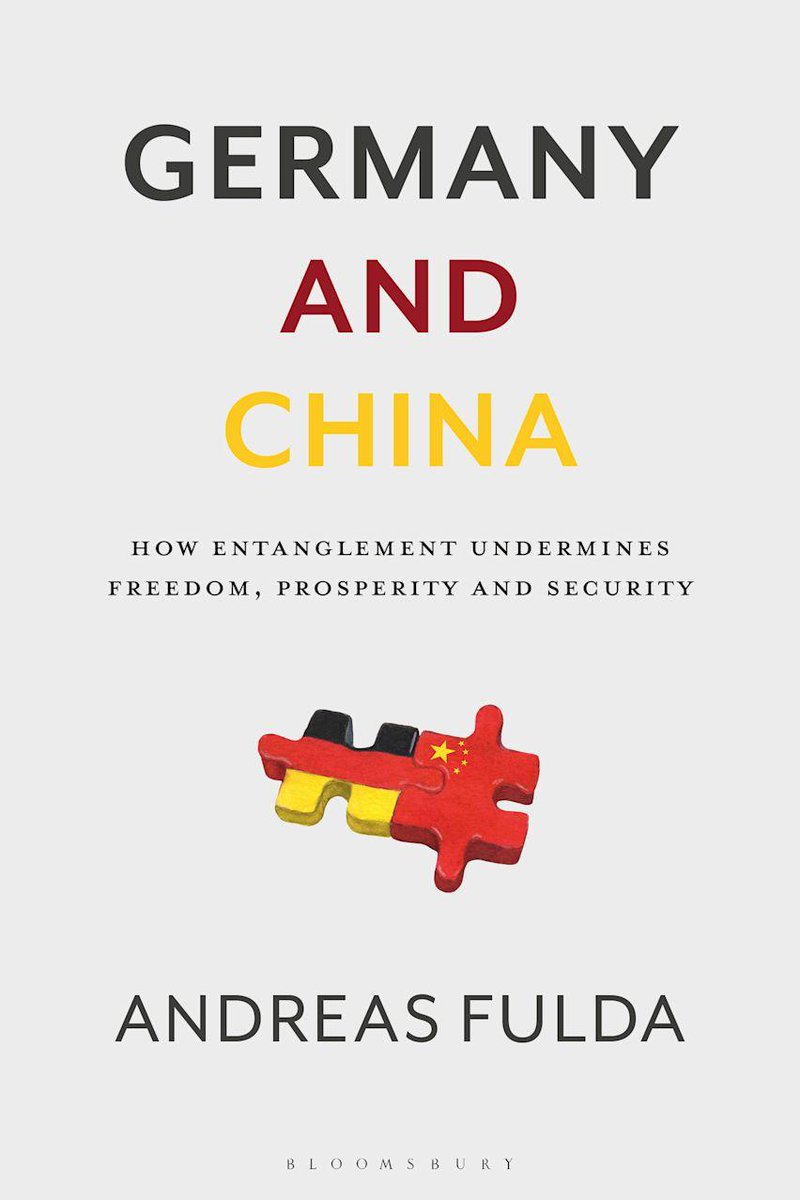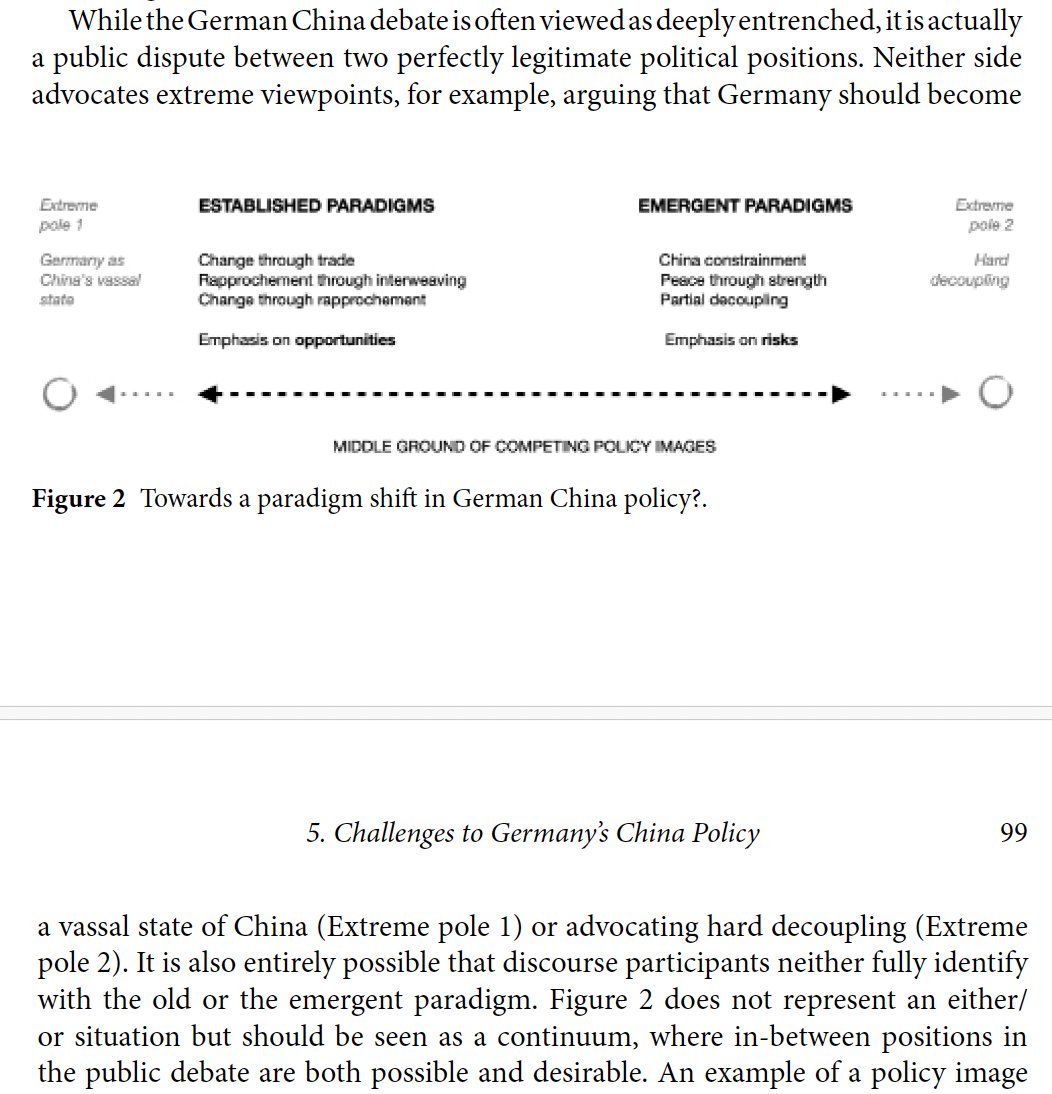AI models are approaching PhD-level capabilities in some tasks, transforming how we teach and learn in higher ed. A short🧵 with my take as an associate professor using AI. Please note that these are speculative reflections, not predictions, to spark discussion /1
As an early adopter, I am amazed by AI’s rapid progress in research and analysis. Hallucinations persist - e.g. fabricated academic sources - but are improving in newer models /2
If AI continues to advance, students could have personalised agents for expert-level learning in the foreseeable future. How could this reshape traditional lectures and coursework assignments? /3
Higher ed traditionally teaches deep reading, critical analysis, essay writing and making convincing and compelling arguments. How can we salvage such crucial skillsets in an AI-enhanced future? /4
Even sceptics of AI will need to recognise that this technology can now support educators by handling tasks faster, freeing us to focus more on a facilitative role, e.g. in the form of ‘flipped classrooms’ /5
How could a ‘new’ model of higher education look like? I don’t have definite answers and can only speculate from my own vantage point. I invite colleagues to share their ideas for transformed higher ed practice, too /6
I consider it possible that in the foreseeable future students will be able to have their own personalised agents which can train them in terms of subject matter expertise /7
If this scenario was born out in reality - which is by no means guaranteed - our role as modern educators would move firmly from the ‘sage on the stage’ to the ‘guide on the side’ /8
In such an AI-saturated environment we could facilitate workshops and seminars, in which students are tasked to engage in self-directed learning using AI agents, followed by reflection and group discussion /9
Students could be tasked to share lessons learned, explain where they agreed or disagreed with AI assessments based on their own values, worldviews, and experiences. We could ask them to critically discuss AI’s underlying assumptions and potential biases /10
This way students would also be better equipped to question their own assumptions about the world, how these are shaped by framing and belief systems /11
Greater critical thinking can be considered a key skill for both staff and students in higher ed. Again, these ideas are my reflections to spark debate, not a blueprint. What’s your take? /End
Please unroll @threadreaderapp
• • •
Missing some Tweet in this thread? You can try to
force a refresh












